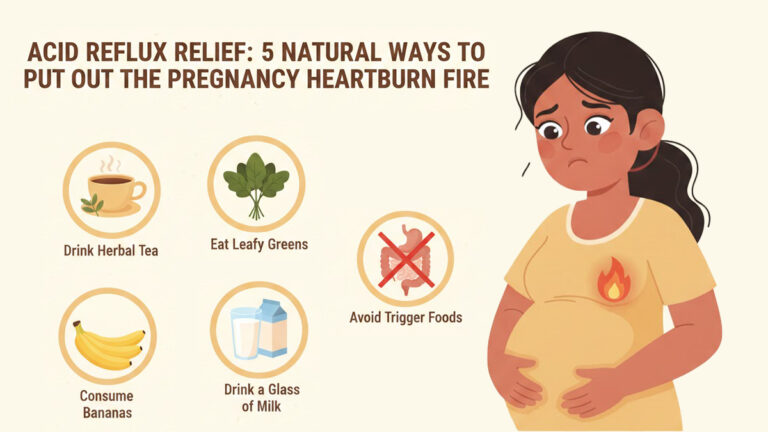Only a few women have a brief knowledge about their reproductive life cycle, and the rest still have a lot to learn. This article focuses on discussing fertility, its related facts, and myths. If you are ready to start a family, first, you must gain some knowledge about fertility. This article is not only for women but for couples because fertility-related myths can affect both men and women.
Fertility Myths and Facts
There are random myths linked to fertility. We have debunked some of them below
MYTHS IN INFERTILTY
Myth 1: Stress Causes Infertility
Many couples and individuals encounter stress in their lives. Still, it is doubtful that it can become a cause of infertility as there is no scientific evidence that links stress and infertility. As infertility is a probable cause for anxiety, one hears people say “Just Relax and it will happen”. This might lead to the assumption that stress causes infertility. Stress could be one of the reasons for delaying conception, as it negatively impacts you need to change this myth.

Myth 2: Infertility is mostly a female problem
People often think of infertility as an issue associated solely with women, but the truth is infertility affects both men and women. Although men are capable of generating new sperm regularly, the quality of their sperm decline with age. There is another myth that men stay fertile forever, which is not entirely true. For women, the decline in fertility begins at the age of 30, while in men, a significant decrease occurs after 50.
Myth 3: Women with diabetes can’t get pregnant
Women with diabetes can have a healthy baby though it is important to manage diabetes when planning to have a baby. Not only diabetes but many health issues need to be managed during pregnancy to have a healthy baby.
FACTS IN INFERTILITY
These were some of the myths associated with fertility. Now it is time to take a look at some surprising facts about fertility:
#1. Sperm count can change over time
There are many myths that once you have a baby, you will not have infertility, but the fact is that the sperm count changes due to various factors such as age, illness, etc. Both men and women have a reduction in sperm or egg count with age and with decreasing health. Though, overall good health does not necessarily mean that you or your partner is fertile.
#2. Good health is not necessarily a sign of fertility
People are getting more health-conscious than ever these days, which is a good thing, but it does not necessarily mean that they are fertile. Infertility can be experienced even by a healthy couple of reproductive age.

#3. Your weight can affect your fertility
It is a fact that your weight can affect your ability to get pregnant. So often, it is seen that overweight and underweight women face problems during their pregnancy. Therefore, it is important to manage a healthy weight to improve your chances of a healthy pregnancy.
#4. There is No Magic diet for fertility
Specific diets or foods do not have a significant impact on fertility. The best thing is to maintain a balanced diet high in proteins, antioxidants and avoid highly processed foods. For example, a couple trying to have a baby should consume foods with folic acid since they prevent congenital disabilities and improve sperm count.
FACTS ABOUT OVULATION
Ovulation issues are common reasons for female infertility. Ovulation is the release of an egg from the ovary into the fallopian tube. A couple and individuals need to understand facts related to ovulation. The following are some surprising facts about ovulation:
#1. Women can ovulate without getting their period
While it is a fact that if a woman is getting her periods every month regularly, she is likely to be ovulating but missing a period does not necessarily indicate no ovulation.
#2. Most women ovulate almost 2 weeks before their next period
Most women ovulate 13 to 14 days before the start of a period hence a woman willing to have a baby should try to get pregnant in the ovulation window.
#1. Sex before ovulation is better than sex during it
After having sex, the sperm can survive up to five days in your partner’s but the female egg can only survive for 24 hours. Hence, if you will wait to confirm ovulation, it will probably reduce the chances of sperm meeting the egg in the right time window.
Conclusion
Fertility is a subject very few women know about, let alone expecting men to know about it. However, you need to know a few facts about fertility and ovulation, especially if you want to get pregnant or start a family. We hope this article helped you better understand the facts and myths about fertility.
The information will help you make a better decision, stay informed and aware especially if you are planning to have a baby. We wish you all the best for your future.








